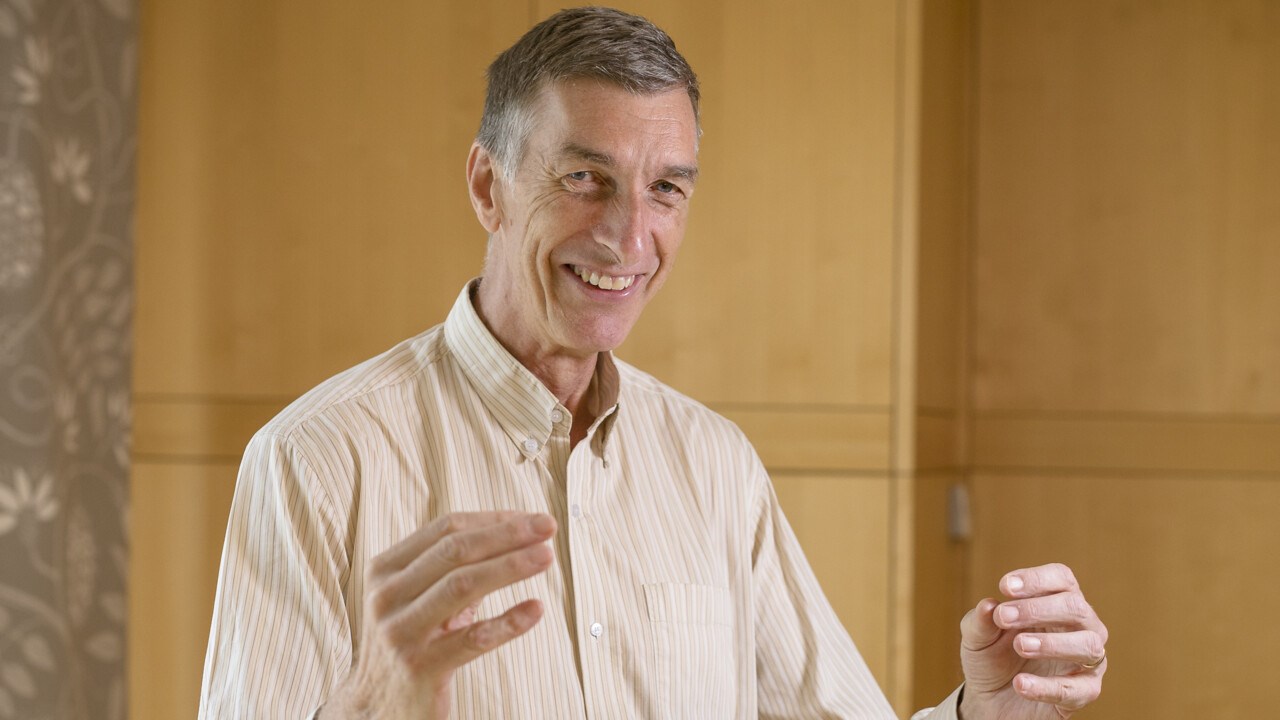About the research
Frank Dignum, Professor in Socially Aware AI at Umeå University and initiator of ASSOC. Read more about ASSOC here. Professor Dignum’s new book “Social Simulation for a Crisis”, will be available on Springer. More articles from Umeå university. Swedish broadcast report by journalist Emil Hellerud, TV4 can be found here.


